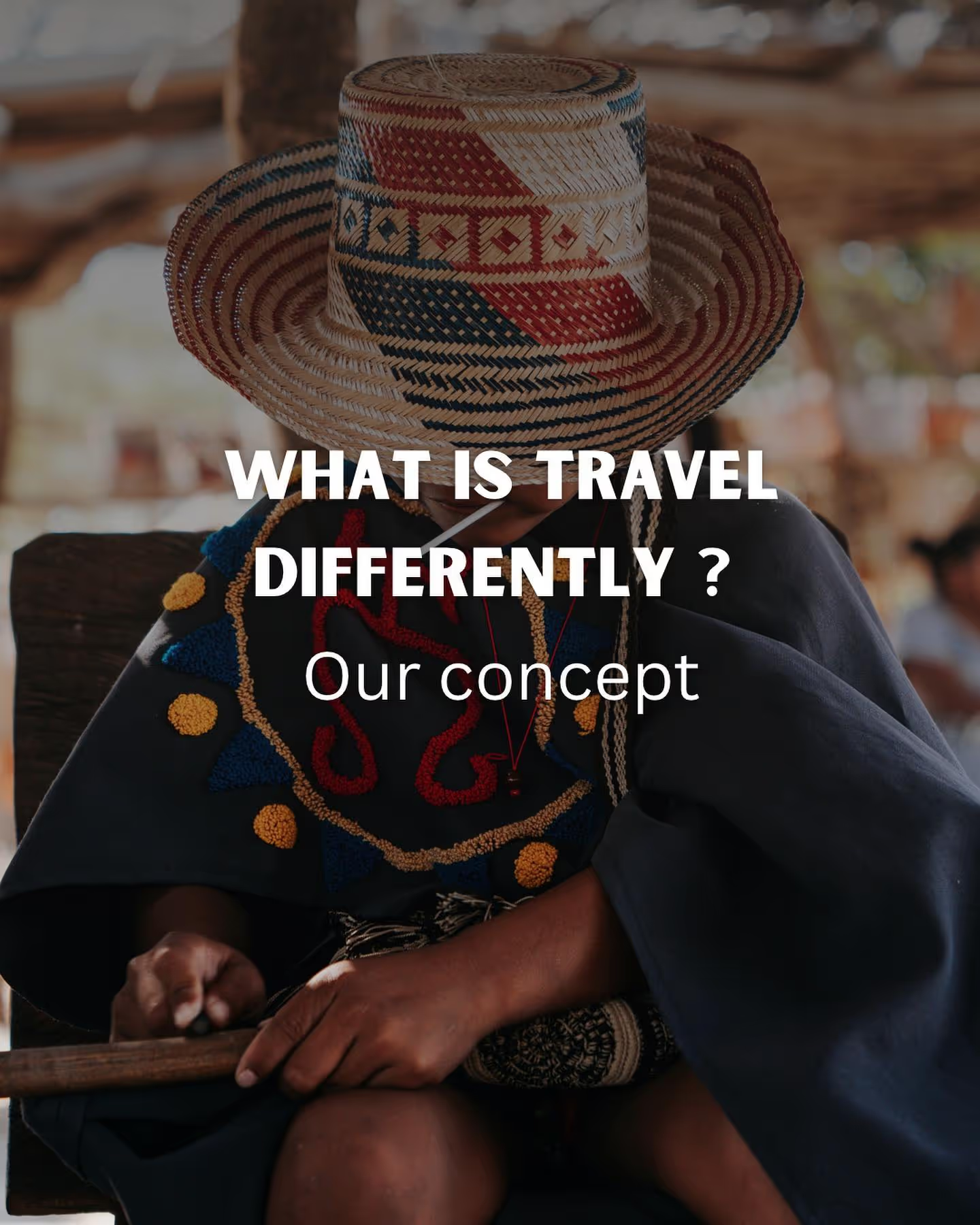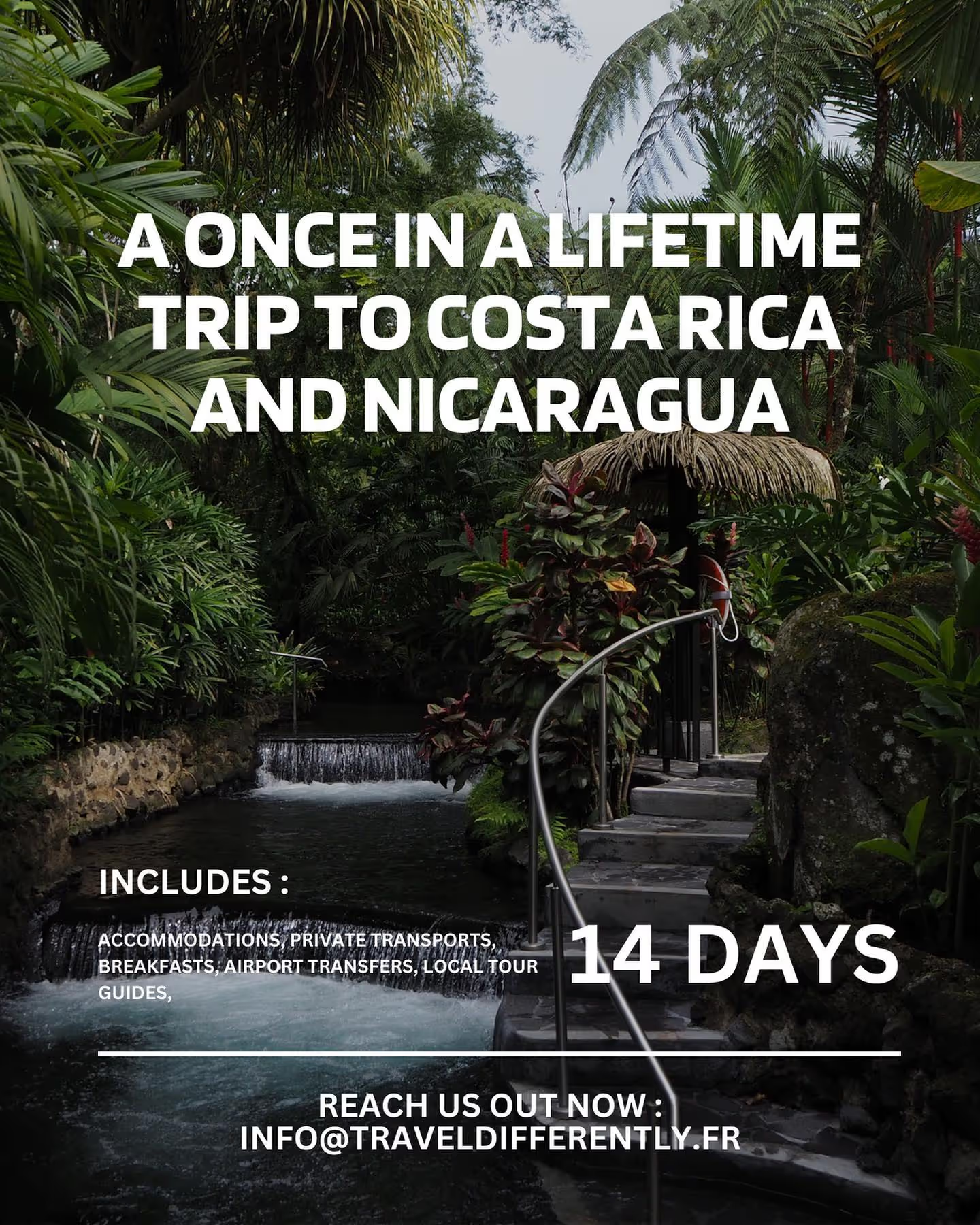The travel industry is one of the most profitable industries in the world. It makes over $7 trillion dollars a year and is expected to increase by over 10% every year for the next five years. The industry has changed drastically since its inception and it is only getting better as technology advances. Blockchain has already revolutionized many industries such as finance and healthcare but very few people know how it will change travel as well. With this blog post, you will learn how blockchain will revolutionize the travel industry by giving you insights on what problems it can solve and how they can be applied practically in real life scenarios. And above all to understand how blockchain technology could contribute to sustainable tourism.
1. Blockchain and Travel
Blockchain is a technology that is transforming many industries. It’s a way to store data in a way that is transparent, secure and immutable. Blockchain makes it possible to build trust between people and organizations because the ledger of transactions stored on the chain can be seen by everyone and anyone who chooses to participate.
One of the most crucial aspects of blockchain technology is that the data is decentralized, with information being shared on a peer-to-peer network. Each block contains transaction information and a timestamp. Blocks are also permanent and cannot be changed without the consensus of the entire network and without changing all subsequent blocks.
More information on the benefits of blockchain for the travel industry can be found in the following video :
The travel industry is well-suited to blockchain because it involves lots of transactions between different players (suppliers and consumers). The following infographic shows how each part of the travel process can benefit from blockchain technology:

2. Why do we need blockchain in the travel industry ?
The decentralized nature of blockchain means that information can never go "offline" or be lost due to accidental deletion or malicious cyber-attack, ensuring that transactions are always traceable.
The travel industry relies on different companies passing information to each other. For example, travel agents need to pass on customer details to airlines and hotels, while travelers' belongings are often passed between companies and tracked as well. The blockchain can make accessing and storing important information easier and more reliable, as the responsibility for storing it is shared across the network. Of course, financial transactions are an essential part of the travel industry as well, and blockchain technology has the ability to not only simplify, but also secure payments. This is especially true when it comes to overseas payments.
What does this mean? Well, let's look at a simple example:
- Imagine you want to buy a ticket online and use your credit card. In order for the transaction to go through, the credit card company needs to make sure that the person buying the ticket is indeed you. They'll ask you some security questions and then send an SMS code to your phone number (which they have on file), so they can verify that it's really you making these purchases and not someone stealing your identity or ghosting through with stolen cards. But what if there were no credit card companies involved in this process? Or what if there were other ways—ways which didn't require trust between two parties who don't know each other well ?

3. How will blockchain change the travel industry?
How will blockchain change the way we travel ?
Blockchain technology is a more efficient and reliable way to manage data, and it promises to change the way we travel. By using decentralized ledgers, blockchain can allow for transactions to be conducted in real time without having to rely on a central authority such as banks or government agencies. This means no more waiting days for your funds to clear or paying exorbitant fees when transferring money from one country to another!
How will it make it more sustainable?
Decentralized technology reduces costs by reducing overhead processes associated with traditional markets like banks and governments. Blockchain technology can effectively remove the intermediaries because of its potential to build trust, ensure more secure information exchange, reduce costs, and enable transparency.
Also, blockchain based cryptocurrencies enable simple, direct, and safe peer-to-peer transactions without the need for trusted third parties. Moreover, blockchain technology can make transactions more equal and distribute similar powers to both providers and consumersof tourism services. By virtue of these characteristics of blockchain technology, new players, both small companies and local tourism service providers, would appear in the tourism and hospitality market. As a result, the locals could sell tourism products to the tourists and in their turn, the tourists would access the authentic travel experiences. Moreover, since blockchain technology allows to design and create digital currencies, local community could create their own money. The tourists could use local money to pay for goods and services at the destination, and thus boost local economy.
4. How can you benefit from blockchain?
You can benefit from blockchain in the following ways:
- Reduce cost : Blockchain technology is an efficient way of reducing cost and eliminating intermediaries in your business processes, making it a powerful tool for reducing operational costs.
- Reduce fraud : With the help of immutable records and smart contracts on a blockchain network, you can reduce fraudulent activities such as identity theft, data manipulation and money laundering more efficiently than ever before.
- Increase trust & transparency: Blockchain networks offer you a secure environment where users can exchange information without being worried about its exposure to third parties or hidden agendas. This allows them to maintain their privacy while sharing relevant details with other users on the platform with whom they have shared interests or goals. In addition, companies using blockchain technology are able to offer customers transparent pricing options based on their needs rather than charging them based on their location or currency conversion rates alone.
- Increase security: Since information stored on a blockchain network cannot be tampered with by anyone apart from authorized personnel who hold private keys associated with specific wallets, it provides users with complete protection against all types of threats ranging from identity theft through cyberbullying attacks all thanks solely due to its decentralized nature.
- Increase trust/sustainable behaviour : Through gamification mechanics such as badges & rewards systems which promote positive behaviours like recycling or donating blood etc.
- Make transactions faster & easier ! With blockchain technology now being used across various industries including travel agencies around world , travellers will enjoy quicker processing times when booking flights tickets hotels tours activities etc because there won’t be any middlemen involved anymore who could slow down transaction times unnecessarily...
5. And even more for :
- Passport and visa: With the help of blockchain, travelers can store their personal data in a decentralized way. This ensures that it is not only safe but also accessible to authorities who need it. Personal data can be shared with airlines, hotels, border control or police service securely and easily.* Identity check: Blockchain technology allows travelers to verify their identity in an easy way. All they have to do is scan their passport or national ID card with a mobile device and upload the information on the blockchain.
- Flight tickets: Blockchain technology can facilitate travelers to simply book flights online. They will also see a significant reduction in the cost of airline tickets. * Hotel booking: With blockchain technology, it is possible for hotels to track their room availability and adjust prices based on demand. This makes sure that they never run out of rooms while offering better deals to customers.
- Cancellations: Customers can cancel their bookings in a simple and fast way through blockchain.
- Trip insurance: Blockchain ensures that tourists will have an easier time getting refunds from their trip insurance.
- Customer feedback and reviews: Blockchain technology can simplify the process of collecting customer feedback and reviews while also making sure that they are accurate (especially that they do not give false reviews).
Blockchain will revolutionize the travel industry and bring about better trust, security and transparency in the travel industry. It is still at a nascent stage in its development, but it has huge potential for growth. In fact, it can be considered as one of the best technologies to come out in recent times !
Blockchain technology can positively contribute to sustainable tourism development through boosting local economy, achieving tourists’s satisfaction, and encouraging sustainable behaviour. Nevertheless, blockchain technology itself may be quite unsustainable in terms of spending too much energy when creating the blocks. However, this issue has been addressing as there are many blockchain more sustainable than Bitcoin, such as the Tezos blockchain.
6. Conclusion
Blockchain technology is the future of travel. There are many benefits to using blockchain for travel, both for travelers and companies in the industry.
The biggest advantage is that it makes things more secure for all parties involved by providing an encrypted ledger where information can be stored without worry about hacking or tampering. With no central authority controlling transactions or data access, there’s also less chance of corruption within the system due to human error or malice from bad actors - no one needs permission from anyone else when conducting business on a blockchain network !
{{component-create-my-trip="/"}}






.avif)

%2520(1).avif)











